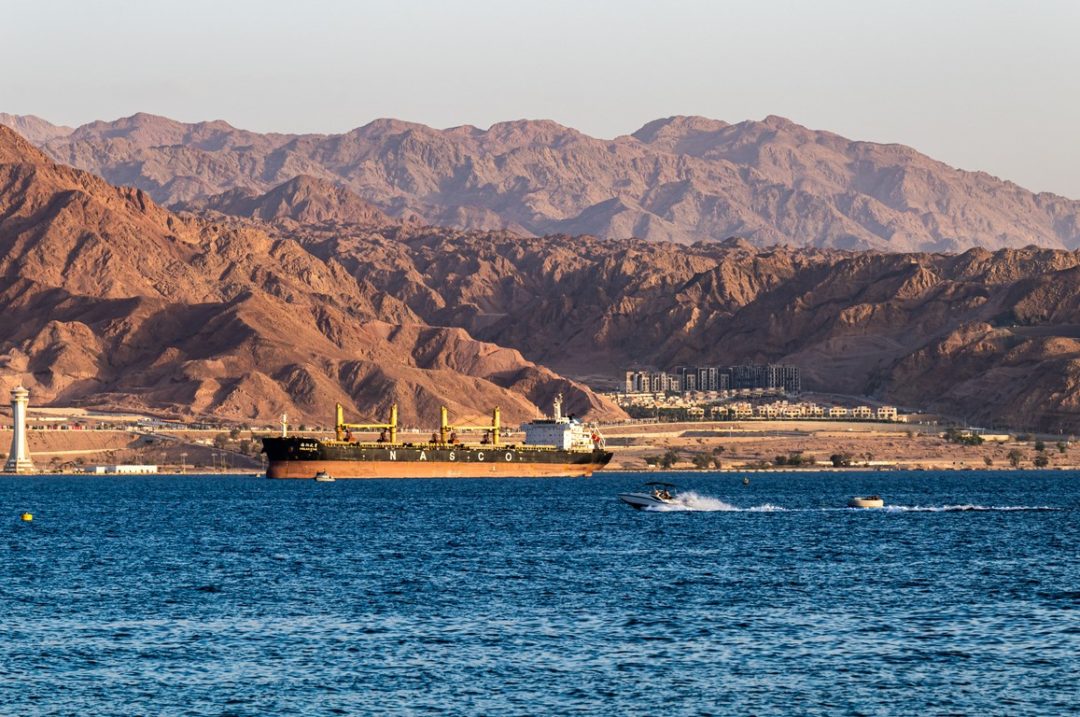
Visit Our Sponsors |
|
|
|
|
|
|
|
|
|
|
|
|
|
|
|
|
|
|
|
|
|
|
|
|
|
|
|
|
|
|
|
|
|
|
|
|
|
|
|
|
|
|
|
|
|
|
|
|
|
|
|
|
|
|
|
|
|
|
|
|
|
|
|
|
|
|

The Red Sea with the Jordanian mountains, viewed from Eilat, Israel. Photo: iStock.com/Barbara Gabay
A new report says that companies across the globe are considering relocating parts of their supply chains because of rising geopolitical concerns.
Insurance company Allianz Trade surveyed more than 3,000 companies in China, France, Germany, Italy, Poland, Spain, the U.K. and the U.S., 53% of whom said they've considered relocating their supply chains because of conflicts like the growing U.S.-China trade war, the Red Sea crisis and the Russia/Ukraine war. The industries most concerned include agrifood, energy, metals, and textiles. Other industries, including tech, paper, household equipment and pharmaceutical sectors say they're less worried about geopolitical impacts.
Read More: Outpacing Disruption by Regionalizing Supply Chains
This comes in the wake of President Biden raising tariffs on Chinese-made electric vehicles, solar panels, steel and other products on May 14. The measure includes a 100% levy on Chinese EVs, and will include an estimated $18 billion worth of total imports. Meanwhile, data from Freightos shows that Red Sea disruptions have sent freight rates for ocean carriers skyrocketing since the start of May.
Allianz also estimates that global trade will increase by 2.8% in 2024 — below the average of 5% — blaming that primarily on disruptions brought on by the Red Sea crisis. In total, 31% of respondents ranked transport dangers among their top three supply chain risks.
RELATED CONTENT
RELATED VIDEOS
Timely, incisive articles delivered directly to your inbox.






